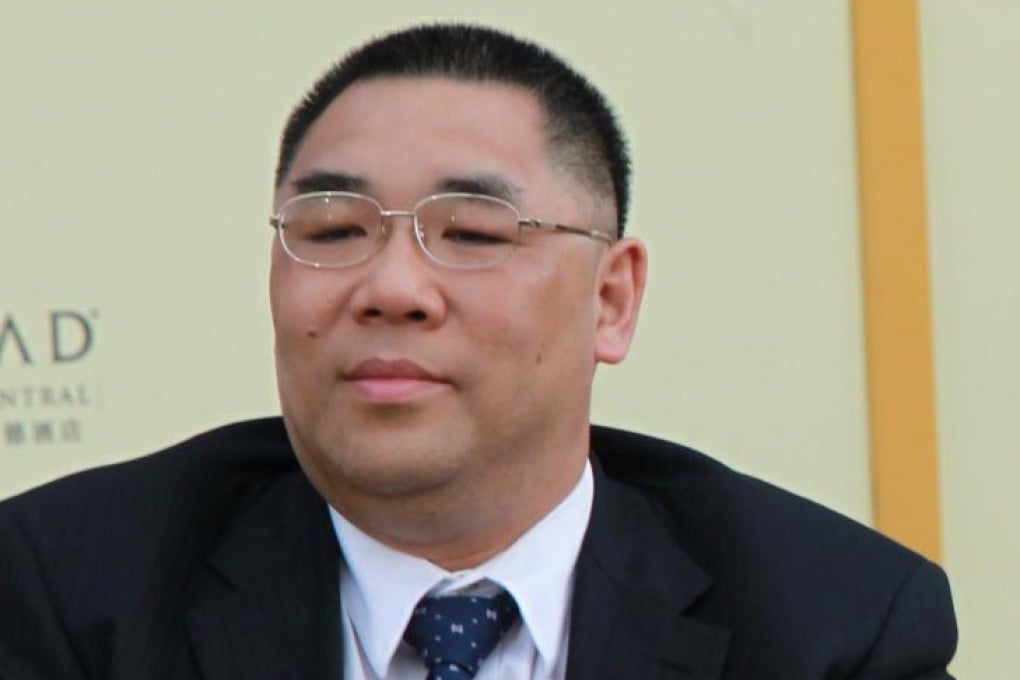Pro-establishment forces set to win Macau's legislative election
The fourth legislative assembly poll since the 1999 handover features the most candidate lists and seats up for grabs after two directly elected seats and two functional constituencies were added last year to the existing 29 seats.

Pro-establishment groups are likely to maintain their grip on Macau's rubber-stamp legislature in the election next week.
The fourth legislative assembly poll since the 1999 handover features the most candidate lists and seats up for grabs after two directly elected seats and two functional constituencies were added last year to the existing 29 seats.
A record number of nearly 280,000 voters have registered, compared with about 250,000 in the 2009 election.
But it is widely believed that there will not be much change in the political landscape in the former Portuguese enclave after the election on September 15. More than half the seats are already in the hands of pro-government politicians even before a vote is cast, as 12 candidates running for 12 indirect seats will be elected uncontested, and seven legislators will be appointed by Chief Executive Fernando Chui Sai-on.
Bill Chou Kwok-ping, associate professor in government and public administration at the University of Macau, said the majority of the 14 directly elected seats would be won by pro-government candidates, who were mostly wealthy and influential.
"The election system itself is not fair as the cap for election spending is very high and is over 5 million patacas. It is unfair to candidates that are financially disadvantaged," he said, adding that the limit for the biggest geographical constituencies in Hong Kong was over HK$2 million last year.